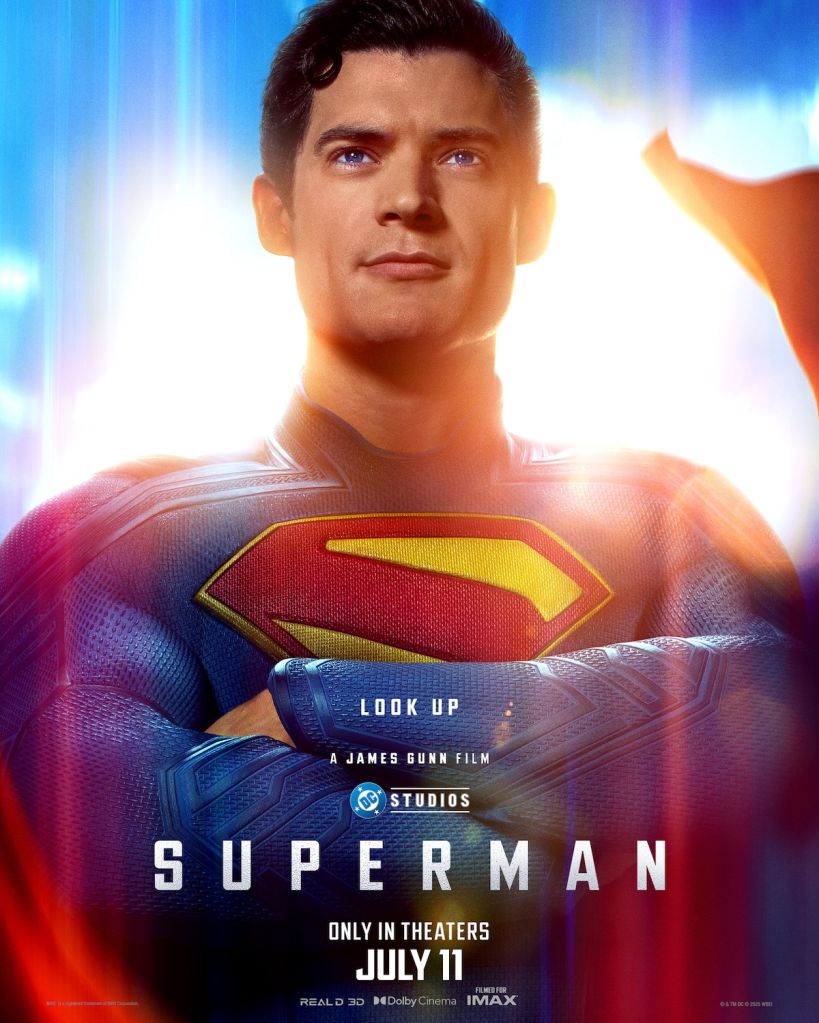DC Comics’ Superman film just landed in theaters and has already become the talk of social media. Not for the reasons Warner Bros. might have hoped, but the film sparks debates over its parallels to the war on Gaza. Be sure to read more inside.
Social media users are drawing strong parallels between the film’s storyline and current global politics, particularly the war on Gaza. According to fans early speculation, the plot features a fictional U.S.-backed nation that invades a smaller, weaker neighboring country. It’s a setup that many viewers argue mirrors Israel’s ongoing military assault on Gaza, which has killed and displaced tens of thousands of Palestinians since October 2023.
The Warner Bros. film starring David Corenswet, Rachel Brosnahan and Nicholas Hoult follows Superman as he gets drawn into conflicts at home and abroad. His actions are questioned, giving tech billionaire Lex Luthor the opportunity to get the Man of Steel out of the way for good. Will intrepid reporter Lois Lane and Superman’s four-legged companion, Krypto, be able to help him before it’s too late? Superman was released in theaters on July 11 and it’s directed by James Gunn.
A recent viral post by AJ+ on Instagram highlights the growing observation. In the post, AJ+ states that the new Superman film “depicts a fictional U.S.-backed nation that sets out to invade a weaker neighboring country,” prompting many online to point out how closely that resembles real-life events in Gaza.
Critics across platforms like X (formerly Twitter), TikTok, and Instagram say the timing and framing of the storyline feel “symbolic” and “starkly similar,” especially given the continued military support the U.S. provides to Israel. Many are accusing DC and Warner Bros. of using comic book fantasy to capitalize off of real life events including U.S. foreign policy and military aggression.
Many fans argue that drawing parallels between a fictional world and real-life geopolitics is nothing new, and that the Superman franchise has always reflected aspects of American ideology and power.
The controversy raises deeper questions about the role of storytelling in shaping public opinion, especially during global conflicts.
In a time of global unrest, audiences are paying close attention, and they’re not afraid to call out what they see as dangerous or glorified messaging in entertainment.







